
Why Does My Bread Collapse? (7 Common Causes) Baking Kneads, LLC
Bread falling or collapsing during baking can be blamed on five main reasons. First, under-proofing occurs when the dough hasn't been given enough time to rise, resulting in insufficient structure to support itself. Second, over-proofing leads to weakened gluten structure due to excessive gas production, causing the dough to lose its shape.
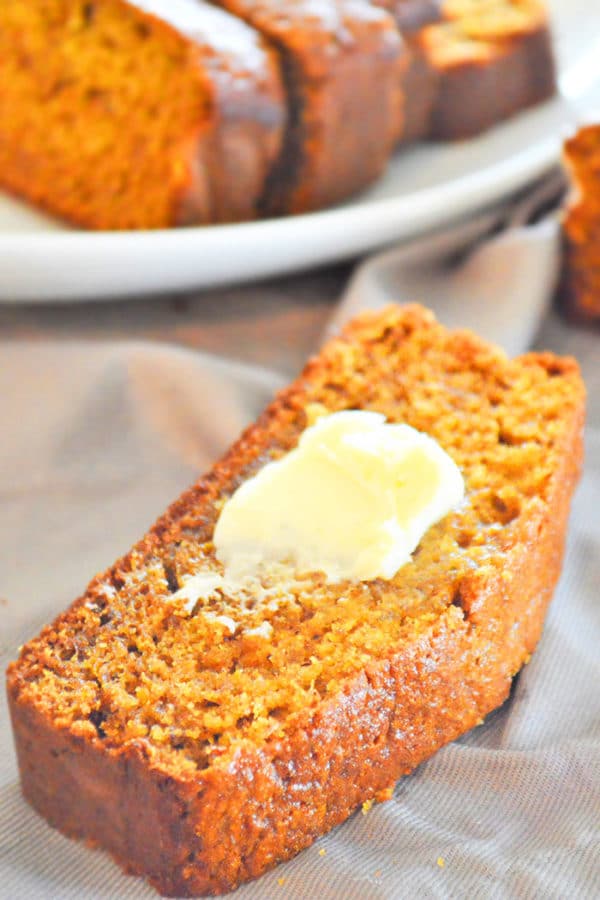
Sweet Potato Bread CakeWhiz
If the dough is too dry add liquid a teaspoon at a time until the dough balls up. If it looks too wet, add flour a tablespoon at a time until it looks as expected. Note that high humidity can add unwanted liquid to a recipe. Not enough salt - Try increasing the salt by ¼ teaspoon. Not enough flour - Try increasing the flour by one to two.

Why Did My Bread Collapse During Proofing Or Baking
One of the most common reasons for this is over-proofing the dough. When dough is left to rise for too long, the gluten structure becomes weak and unable to support the weight of the bread, leading to collapse in the oven. Another reason could be the use of old or expired yeast, which can result in inadequate rising of the dough.
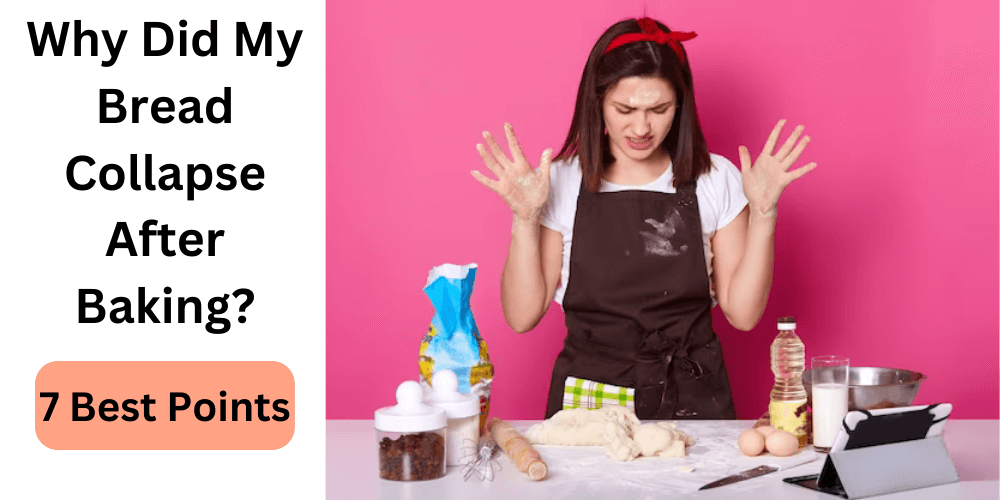
Why Did My Bread Collapse After Baking? 7 Best Points
Adding too much yeast can cause several problems. First, it can cause the dough to fall or collapse. Second, it can compromise the taste. The fermentation process speeds up when you add too much yeast. The complex flavors of the bread fail to develop during this period when not enough time is set for the bread to rise.

Why Does The Top Of My Bread Collapse Bread Poster
Bread can collapse during proofing, slashing, when transferred to the oven or during the first ten minutes of baking. Usually, the dough collapses due to a defect in the dough. But, a mistake when handling the dough, such as dropping it, will also destroy the structure. Unless the flattening is due to bad handling, the rule is:

Why Does My Bread Collapse? (7 Common Causes) Baking Kneads, LLC
In many recipes, like this white bread, if the dough has risen above the sides of the pan, it has over-proofed and will be more likely to collapse. 2. Too much water content. The amount of moisture in gluten free bread is very important to get right. When bread sinks in on itself after baking, it could be due to too much moisture in the bread.
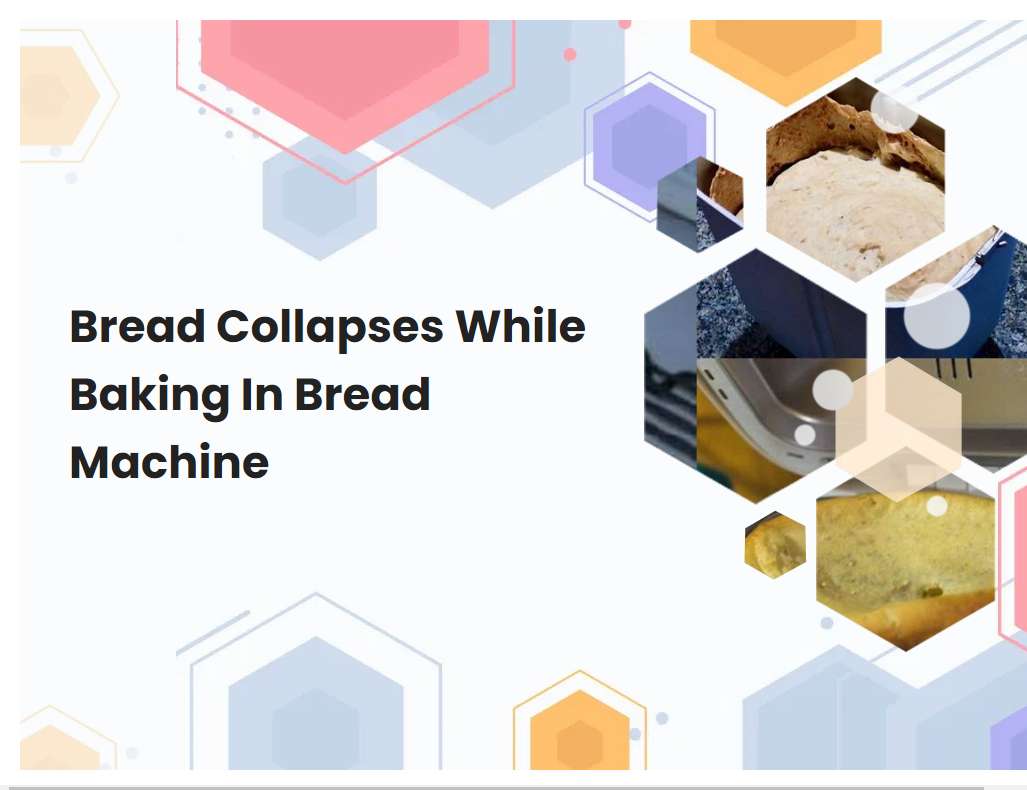
Bread Collapses While Baking In Bread Machine
To understand why did my bread collapse after baking, we need to explore the potential causes. Let's delve into the key factors that can lead to a collapsed bread: Overproofing: One of the most common causes of bread collapse is overproofing. When the dough is left to rise for too long, the gluten structure weakens, leading to excessive gas.

Why Did My Bread Machine Bread Collapse? Bread Dad
There are 3 main reasons for your bread to collapse. Underdeveloped gluten mesh. Over proofing. Mishandling the dough. To know the reason as to why this happens you need first to know when this happens. This flattening can happen in various stages of your bread-making process. While proofing.

Why Is My Bread Undercooked, Raw, or Unbaked Inside? The Bread Guide
1 - There Is Too Much Water in Your Dough. One of the most common causes for a loaf of bread to collapse is adding too much water to the dough as you mix it. Water is a needed ingredient in the bread dough, as a strong gluten mesh needs well-hydrated flour to be created. But if there is too much water in your dough, this moisture can cause.
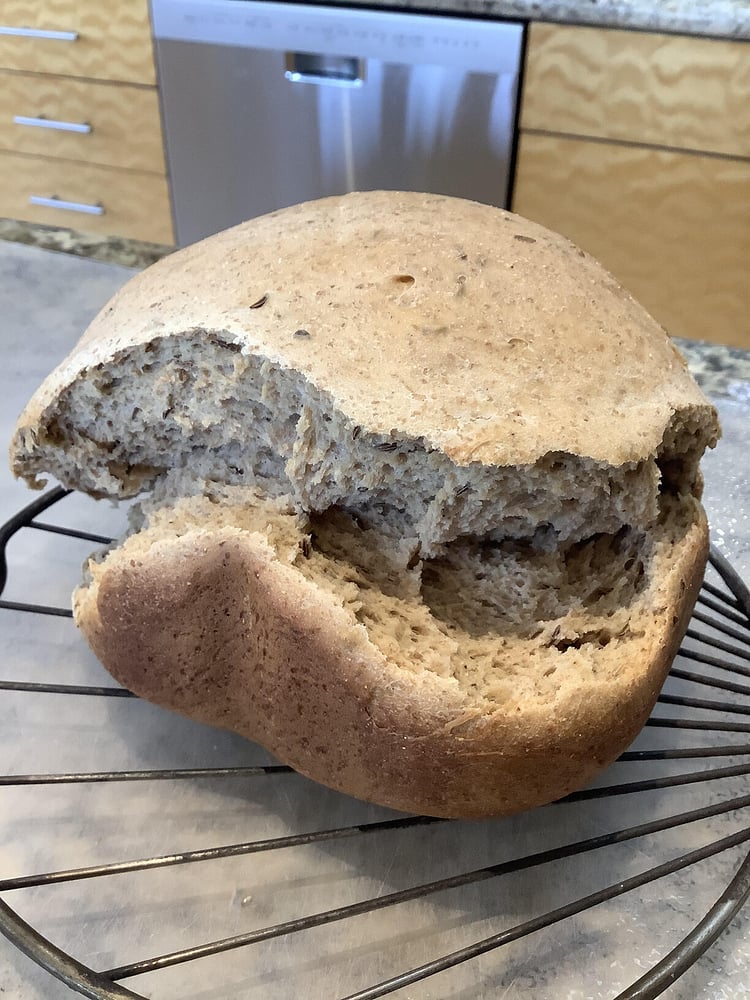
Why did my bread crack like this? Baking Techniques Breadtopia Forum
Baking at too high a temperature can cause the bread to rise too quickly and then collapse, while baking at too low a temperature can result in undercooked, unstable bread. By paying attention to these factors, you can help ensure that your bread comes out of the oven perfectly risen and with a great texture.

Why Did My Bread Collapse After Baking? Del Buono's Bakery
Gluten-free bread tends to bake better at lower temperatures than regular bread. The reason for this is that gluten-free bread recipes call for more moisture than regular bread. Baking at a lower temperature allows the gluten-free bread to rise without baking it too quickly and dry out enough to set the shape and structure of the final loaf.
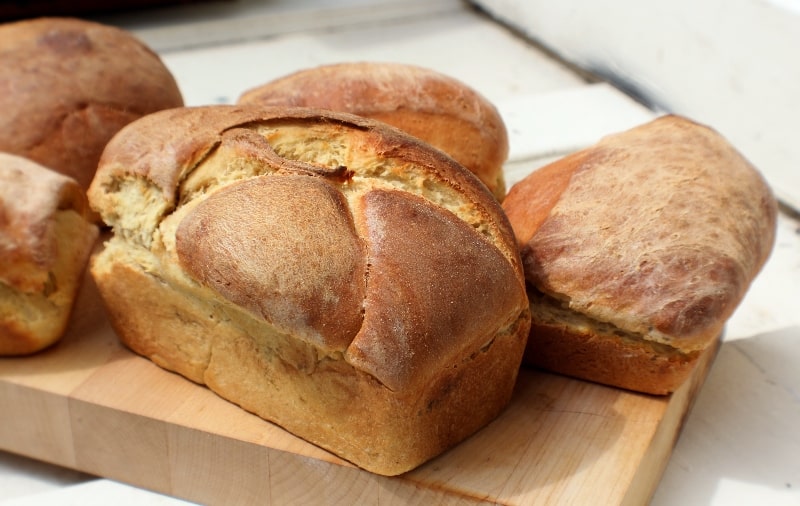
Why Did My Bread Collapse During Proofing Or Baking? Food To Impress
More yeast will consume the sugar content in the dough, which leads to the creation of air bubbles. And too many air bubbles will create too much gas that is not good for dough and flattens the bread. 6. Selection of wrong flour. Wrong flour type is another common cause of bread collapse in a bread maker.
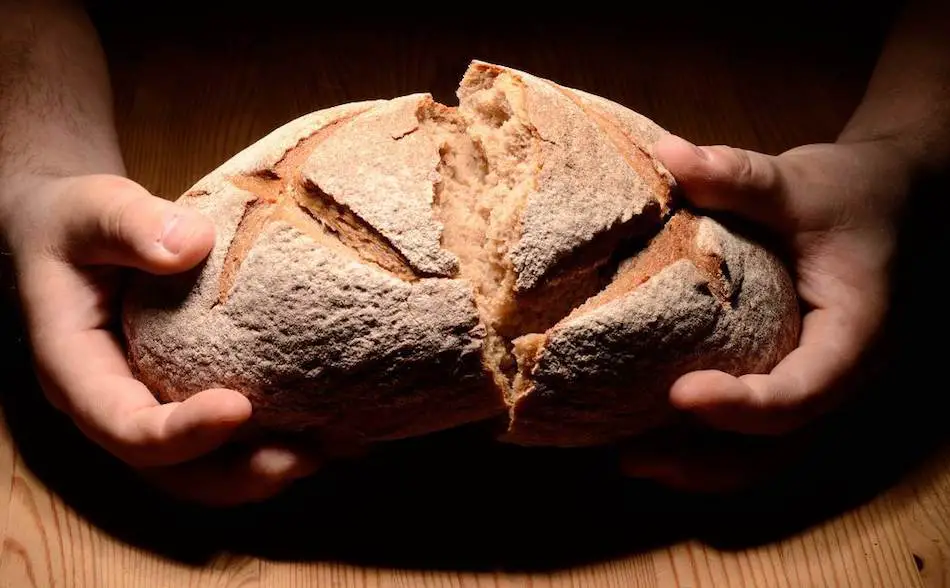
Why Did My Bread Machine Bread Collapse? Understanding Common Causes
The longer the dough is left to ferment, the more carbon dioxide gas is produced, which leads to a higher rise. However, if the dough is left to ferment for too long, the gluten in the dough can break down, causing the bread to collapse during proofing or baking. Another important factor to consider is temperature.
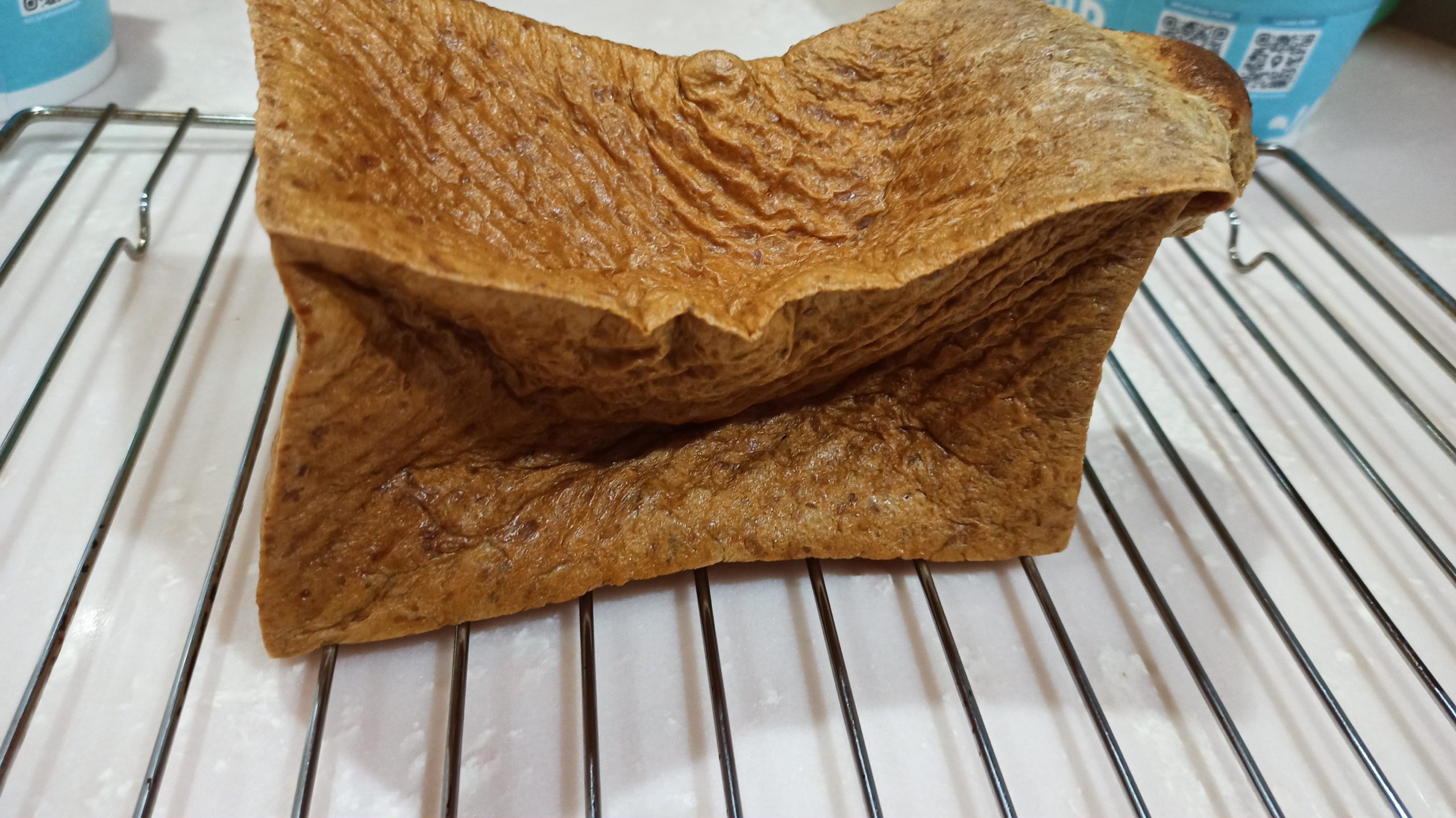
Bread collapsed after baking ( Dining and Cooking
1. There Is Too Much Water in Your Dough. The most common cause of a bread loaf collapsing is too much water in the dough. To create a strong gluten mesh, flour needs to be well-hydrated. However, having too much water in your dough can cause the bread to collapse during cooling.

The Surprising Reasons Behind Bread Collapsing During Proofing Or
A weak crust causes bread to collapse. A common dilemma if commercially baking is when a new batch of flour arrives. The new flour makes the dough behave differently and can lead to more shrinkage or the bread collapsing. The type of flour used is also a key contributor to the chewiness of a loaf. A strong crust comes from a well-developed dough.
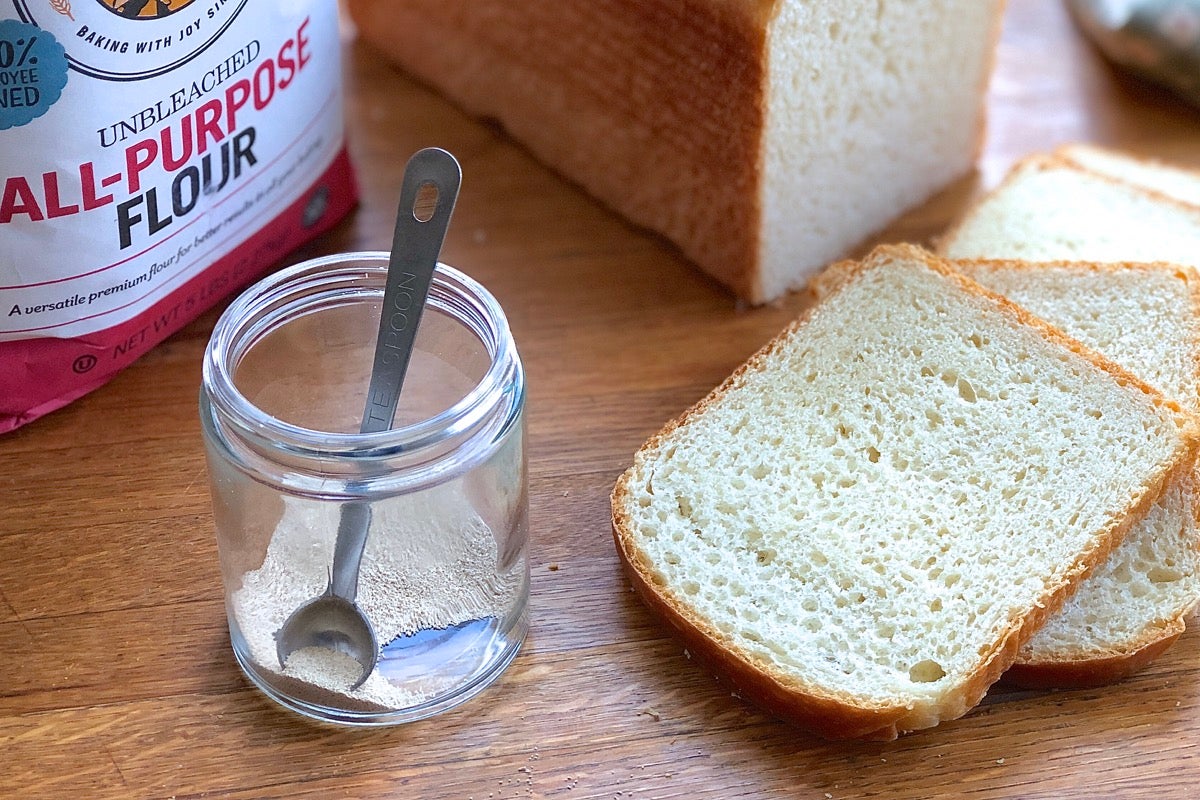
How to bake bread using less yeast King Arthur Baking
The most common reason why sourdough bread collapses is inadequate gluten development. Gluten, the protein responsible for giving bread structure and elasticity, might not have formed properly during mixing or fermentation. This can lead to a weak dough that can't support the gas produced by the yeast, causing the bread to deflate.